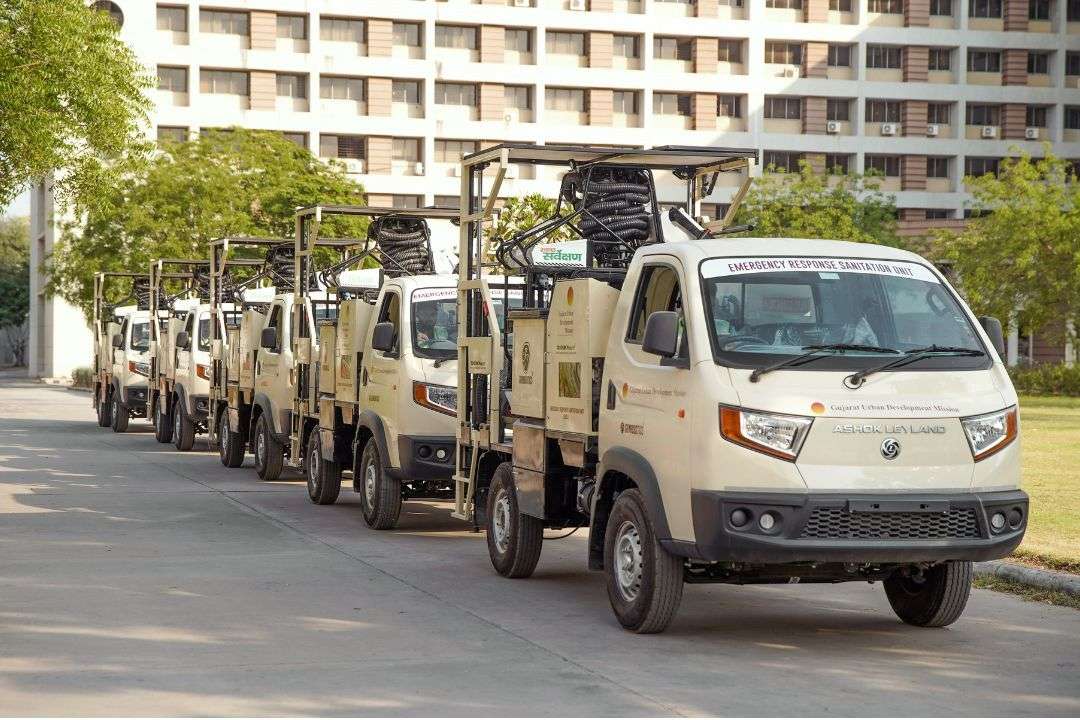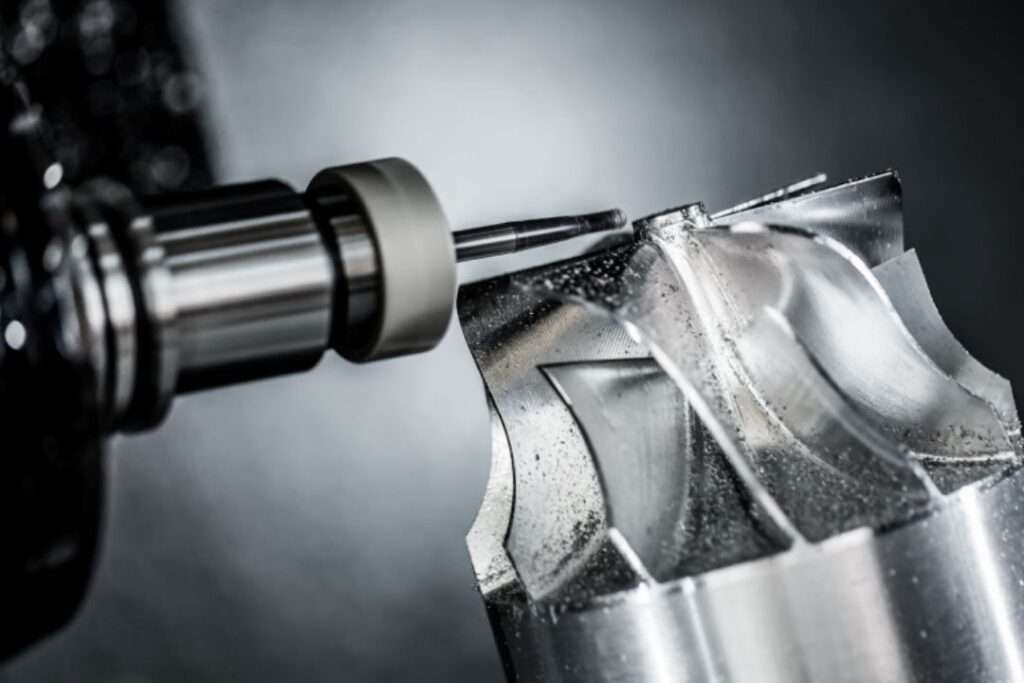The Government of Gujarat, through the Gujarat Urban Development Mission (GUDM), has introduced Bandicoot Mobility+, an advanced vehicle-mounted robotic manhole cleaning system, to several Urban Local Bodies (ULBs) under the Swachh Bharat Mission’s Emergency Response Sanitation Unit (ERSU). This move marks a significant step toward safer, cleaner cities by eliminating manual scavenging and improving worker safety and sanitation standards.
Designed by Genrobotics, the Bandicoot Mobility+ robot features a robotic arm, robotic legs, high-resolution cameras, gas detection sensors, and a sealed waste collection system, allowing it to operate without any human entry into manholes. Its compact, vehicle-mounted design enables access to tight and congested urban spaces, making it highly suited to the challenges of Indian city environments.
This rollout coincides with Gujarat declaring 2025 as the Urban Development Year, marking two decades since the state’s original urban reform drive launched in 2005 under then-Chief Minister Narendra Modi. Led today by Chief Minister Bhupendra Patel, Gujarat is accelerating urban transformation efforts with a focus on improving quality of life through smarter and safer public services.
Central to this vision is the state’s commitment to becoming free of manual scavenging, embodied in the #ManholeToMachineHole campaign. Bandicoot Mobility+ has already been deployed in key cities including Ahmedabad, Gandhinagar, and Surat — all nationally recognized for their cleanliness and innovation in urban sanitation.
Ahmedabad was named India’s Cleanest Big City (population over 1 million), Surat secured second place in the Super Swachh League, and Gandhinagar was acknowledged among the best cities with populations between 3 and 10 lakh. These achievements highlight the role of technology alongside traditional governance in raising urban living standards.
In Himatnagar, one of the cities using Bandicoot Mobility+, officials have noted the positive impact on sanitation work. “The robotic system has transformed our cleaning operations. It protects workers and enhances both efficiency and hygiene,” said Upendra P Gadhvi, Chief Officer of Himatnagar Nagarpalika.
Sanitation workers, who previously faced hazardous manual tasks, are now being trained to operate the robotic equipment. One ERSU worker from Himatnagar shared, “I no longer have to approach the manhole directly. The gas sensors warn us of any risks, and the sealed waste system prevents spills. This technology has made our work safer and more dignified.”
Across the country, Bandicoot technology has been adopted in more than 300 cities, benefitting over 3,000 sanitation workers. Gujarat’s approach stands out for its strong state-led coordination and emphasis on social impact.
“Every city adopting Bandicoot has quietly raised its sanitation standards,” said Arun G, Director and Co-founder of Genrobotics. “We are honored that our system supports Gujarat’s long-term urban development goals and improves the lives of sanitation workers.”
Building on these successes and positive feedback, the Government of Gujarat plans to expand the use of Bandicoot Mobility+ across the entire state this year, reinforcing its commitment to a more humane and technologically advanced sanitation framework.








